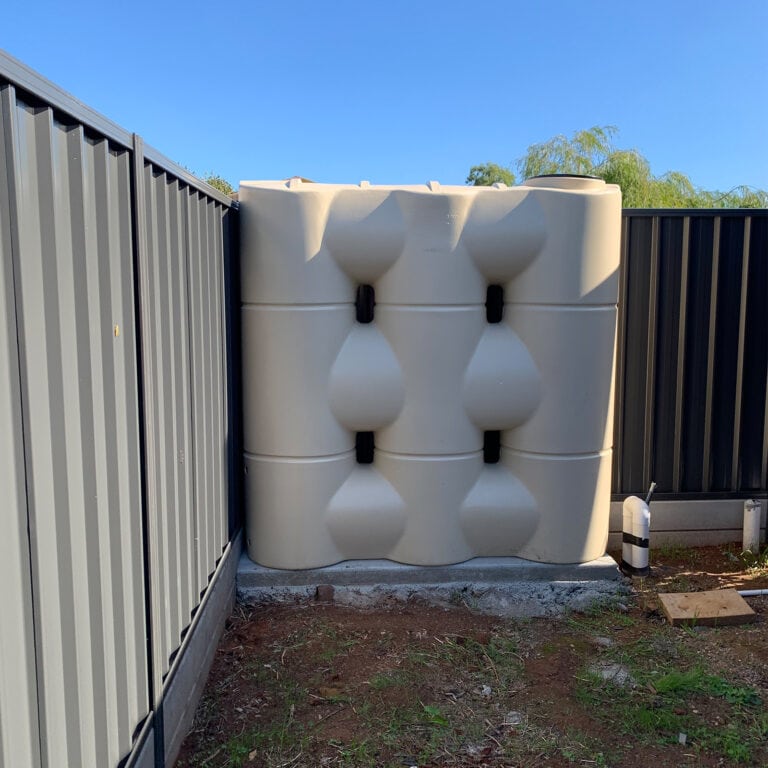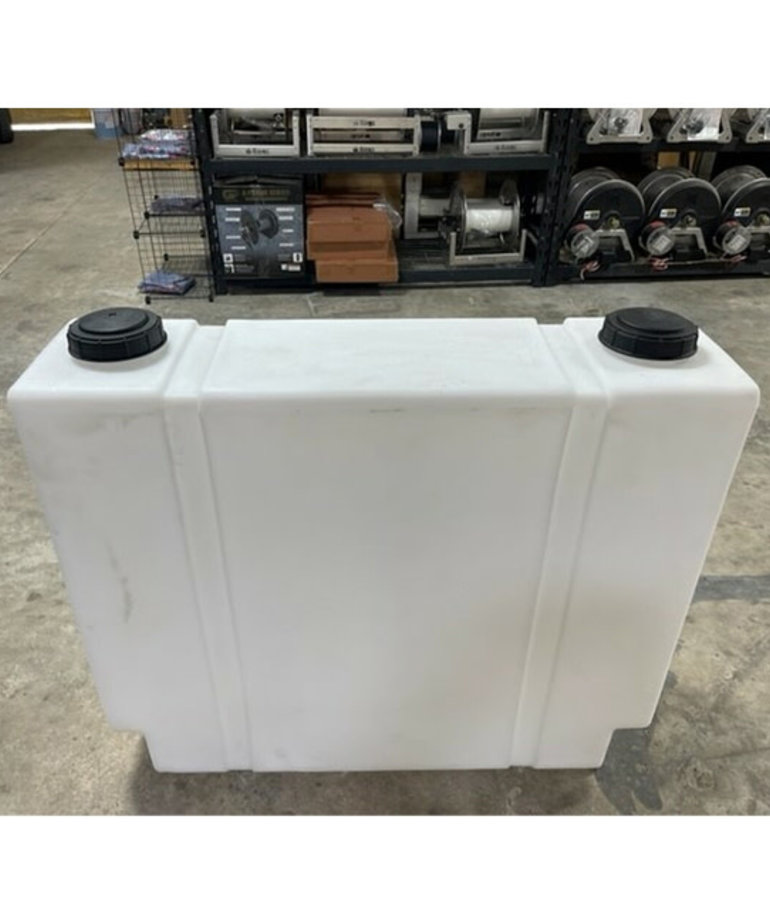Budget-friendly Slimline Water Tanks: Enhance Your Rain Harvesting
Budget-friendly Slimline Water Tanks: Enhance Your Rain Harvesting
Blog Article
Exploring the Different Usages of Rainwater Storage Tanks for Residential and Commercial Properties
As the global emphasis on lasting living methods continues to heighten, the usage of rainwater containers in both household and business settings has arised as a significant remedy. The diverse uses of rain storage tanks present a compelling situation for their fostering, not only as a practical water-saving action yet also as a testament to liable resource monitoring.
Advantages of Using Rainwater Storage Tanks
Utilizing rain storage tanks offers countless advantages for both households and neighborhoods in terms of water preservation and sustainability. One of the vital benefits of making use of rainwater tanks is the considerable reduction in dependence on mains water system - Slimline water tanks. By capturing and saving rainwater for later usage, individuals and neighborhoods can decrease their demand for cured water, eventually reducing the concern on water therapy facilities and lowering energy usage related to water transport and therapy
Furthermore, rain harvesting with containers offers a trustworthy alternative water source throughout times of water restrictions or lacks. This saved rainwater can be utilized for numerous non-potable objectives such as irrigation, flushing commodes, and cleaning clothes, minimizing the pressure on conventional water resources. In addition, using rainwater storage tanks can cause set you back savings for both homes and neighborhoods by decreasing water costs and decreasing the requirement for expensive framework developments to meet growing water demands.
Basically, the use of rain containers offers a sustainable and ecologically friendly approach to water management, benefiting both individual users and the wider community in terms of water conservation, cost-efficiency, and resilience.
Rainwater Storage Tank Usage in Irrigation
Provided the benefits of rainwater tanks in conserving water resources and reducing reliance on mains water supply, a significant application lies in utilizing stored rain for watering objectives - Slimline water tanks. Rain gathering systems can successfully gather and store rainwater, providing a lasting water resource for sprinkling gardens, grass, and agricultural areas. By utilizing rainwater for watering, homeowner can reduce their dependancy on cured water resources, resulting in cost financial savings and ecological benefits

Among the key advantages of utilizing rain for irrigation is its purity. Rain is normally soft and devoid of the chemicals and ingredients frequently discovered in keys water, making it optimal for beneficial plants without the risk of damaging results. Additionally, rainwater is at ambient temperature level, which can profit plant growth my blog by avoiding temperature shocks that can accompany cool mains water.
Rainwater Storage Tanks for Bathroom Flushing

Implementing rain storage tanks for commode flushing is a cost-efficient and eco-friendly method that can be easily incorporated into both household and industrial properties. The saved rainwater can be utilized to flush bathrooms by connecting the storage tank to the existing pipes system. This easy yet reliable service can significantly reduce water intake in a building, specifically in areas where water shortage is a concern.

Including Rain Containers in Landscape Design
These tanks can record and keep rain runoff from roof coverings, which can then be made use of for watering yards, lawns, and plants. By using rainwater for irrigation objectives, home owners can decrease their dependence on community water resources, leading to cost savings and preservation of precious water resources.
In Go Here enhancement to offering a lasting water resource for landscape design needs, rainwater containers can also help in handling stormwater drainage. By recording rain that would otherwise move right into storm drains, these containers can mitigate erosion, decrease flooding threats, and prevent contamination of all-natural water bodies. Furthermore, incorporating rainwater storage tanks in landscape design can add to the overall aesthetic charm of the building, showcasing a commitment to environmental stewardship.
Industrial Applications of Rainwater Storage Tanks
Utilizing rain storage tanks in industrial settings supplies a lasting service for water management and preservation, profiting companies and the environment alike. One vital industrial use is for watering functions, where blog here harvested rain can be utilized to water landscape design, yards, and agricultural areas surrounding business buildings.
Additionally, rainwater containers can be integrated right into the fire suppression systems of business buildings. By having a dedicated water resource for firefighting purposes, organizations can improve their fire precaution and potentially minimize insurance costs. Additionally, rainwater accumulated in storage tanks can be dealt with and used for non-potable functions within commercial residential properties, such as flushing toilets, cleansing, and cooling down systems. This not only preserves freshwater resources yet also reduces operating prices for companies. On the whole, the incorporation of rain containers in commercial settings offers a practical and ecologically liable approach to water administration.
Conclusion
To conclude, rainwater storage tanks use countless advantages for both household and business residential or commercial properties. From irrigation to toilet flushing and landscaping, making use of rainwater tanks can help conserve water resources and reduce water bills. Additionally, incorporating rain containers in business setups can cause substantial expense savings and environmental benefits. Overall, the versatility and sustainability of rain containers make them a beneficial investment for any property owner aiming to increase water performance.
Report this page